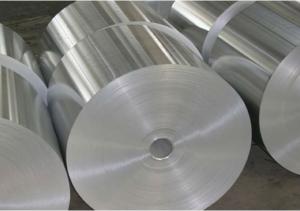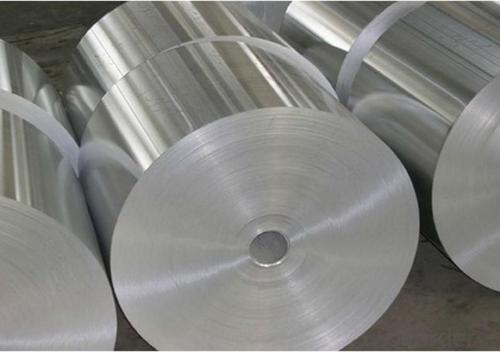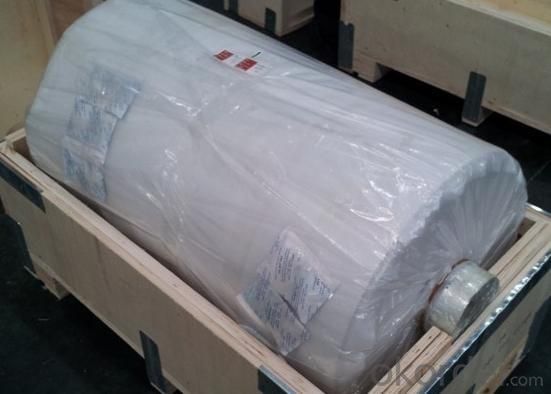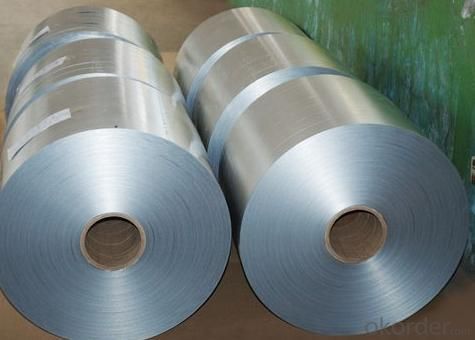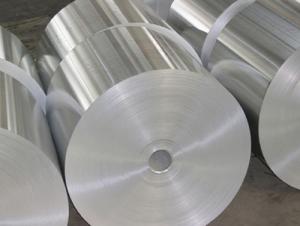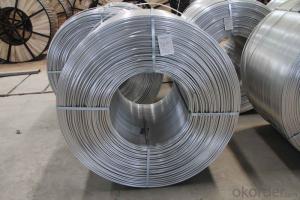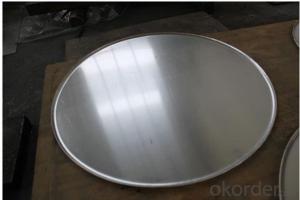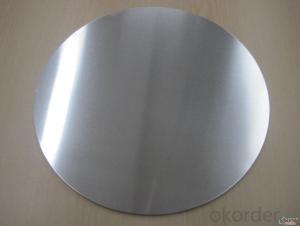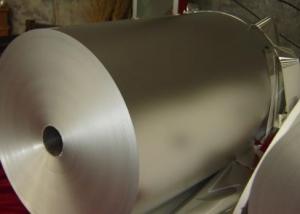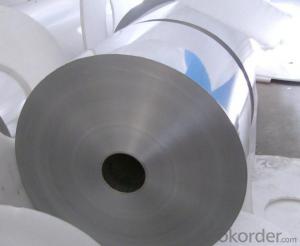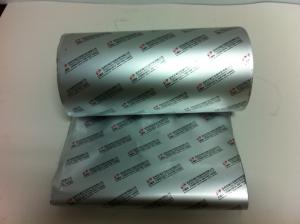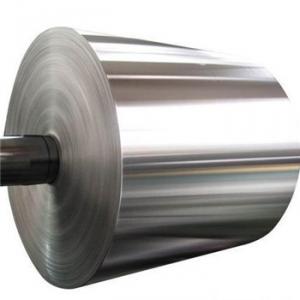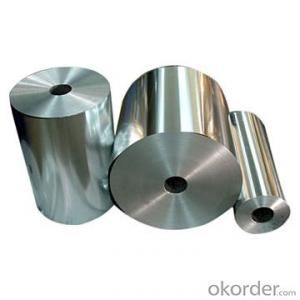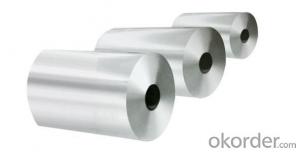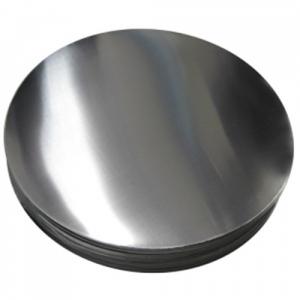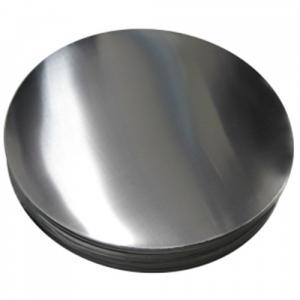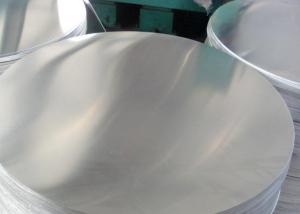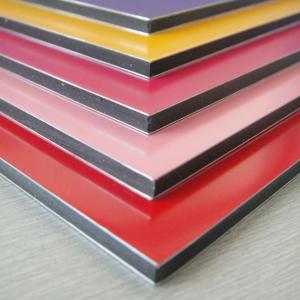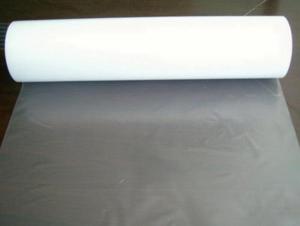Aluminum Foil for Flexible Packaging
- Loading Port:
- China Main Port
- Payment Terms:
- TT or LC
- Min Order Qty:
- 0 m.t.
- Supply Capability:
- 3000MT/MONTH m.t./month
OKorder Service Pledge
Quality Product, Order Online Tracking, Timely Delivery
OKorder Financial Service
Credit Rating, Credit Services, Credit Purchasing
You Might Also Like
Quick details of Aluminium Foil For Flexible packaging
Alloy: 1235/8079
Temper: Soft
Specifications of Aluminium Foil For Flexible packaging
Thickness & Tolerance: 0.00635 mm - 0.007 mm (+/-6%)
Width & Tolerance: 200 - 1650 mm (+/-1 mm)
Usage/Application of Light Gauge Foil
Cigarette Package, Aseptic Package, Pounches, Sachets etc
Packaging & Delivery of Aluminium Foil For Flexible packaging
Packing: seaworthy wooden box with pallet
Delivery: to be loaded by 1 x 20 feet container
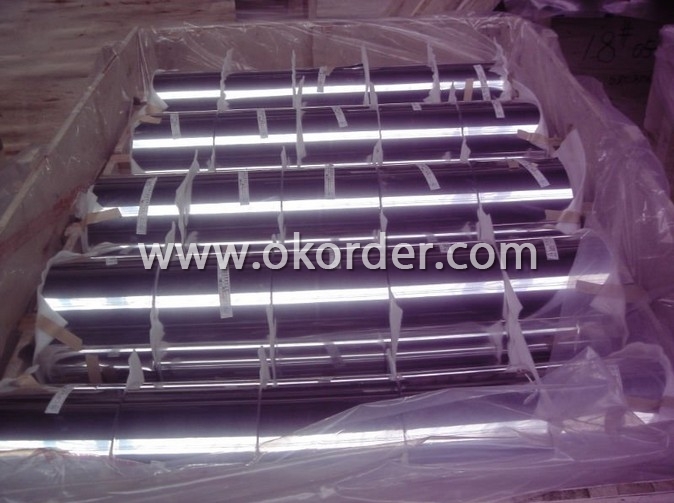
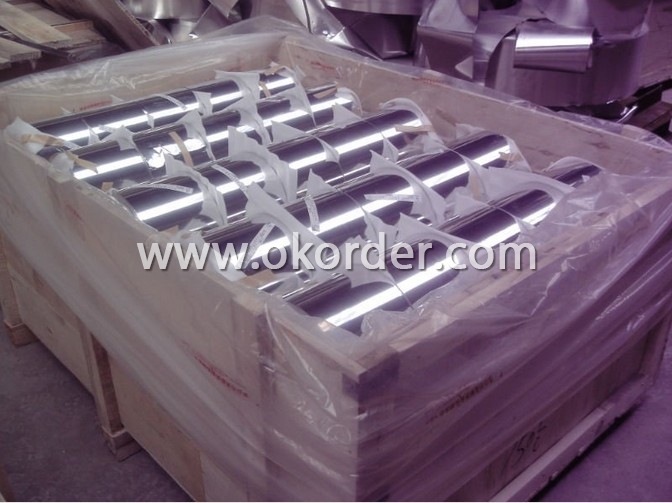
- Q: This question asks whether exposure to aluminum can lead to allergic reactions.
- <p>While aluminum is one of the most abundant elements on Earth and is commonly used in various products, most people do not experience allergic reactions to it. However, a small percentage of individuals may have an allergy to aluminum, which can cause contact dermatitis or other allergic responses. Symptoms can include redness, itching, and swelling at the site of contact. It's important for those with known aluminum allergies to avoid products containing aluminum and to consult with a healthcare provider for proper diagnosis and management of their allergy.</p>
- Q: Is it possible to create jewelry using pure aluminum?
- <p>Yes, pure aluminum can be used to make jewelry, but it's not commonly used for fine jewelry due to its lower value and potential for oxidation. While it is lightweight and affordable, it lacks the luster and durability of precious metals like gold, silver, or platinum. Aluminum can tarnish and may cause allergic reactions in some individuals. It is more commonly used in costume jewelry or for specific designs where its properties are advantageous.</p>
- Q: Describe the impact of silicon on the properties of aluminum alloys.
- <p>The addition of silicon to aluminum alloys significantly enhances their properties. Silicon increases the alloy's fluidity, which is beneficial for casting processes, leading to improved casting quality. It also raises the alloy's resistance to corrosion, particularly in marine environments. Furthermore, silicon additions can improve the alloy's mechanical properties, such as strength and hardness, without significantly compromising ductility. This makes the alloy more suitable for applications requiring wear resistance. However, it's important to note that excessive silicon can lead to a decrease in the alloy's toughness and increase the risk of hot cracking during casting.</p>
- Q: Explain the impact of using recycled aluminum on the environment.
- <p>Using recycled aluminum significantly reduces our environmental footprint. It requires only 5% of the energy needed to produce new aluminum from raw materials, thus conserving energy. Additionally, recycling aluminum reduces greenhouse gas emissions by up to 95% compared to aluminum production from bauxite ore. This lowers air pollution and helps combat climate change. Moreover, recycling aluminum conserves natural resources and reduces the need for mining, which has its own set of environmental impacts, including habitat destruction and water pollution. Overall, recycling aluminum is a sustainable practice that benefits the environment by reducing energy consumption, emissions, and resource extraction.</p>
- Q: This question asks for the various applications or purposes of aluminum alloys.
- <p>Aluminum alloys are used in a wide range of applications due to their lightweight, high strength, and corrosion resistance. They are commonly used in the automotive industry for vehicle construction to reduce weight and improve fuel efficiency. In the aerospace industry, they are essential for constructing aircraft and spacecraft. Other applications include construction materials, such as window frames and roofing, and in consumer goods like beverage cans and electronic devices. Aluminum alloys are also utilized in machinery and transportation equipment, sports equipment, and various engineering components where a combination of strength, durability, and low weight is required.</p>
- Q: Is it safe and effective to use aluminum foil to create a sandwich in a microwave oven?
- <p>No, you should not use aluminum foil to make a sandwich in a microwave oven. Aluminum foil can cause sparks and potentially start a fire due to its reflective properties and the microwave's electromagnetic radiation. It can also damage the microwave's interior. Instead, use microwave-safe containers or wraps designed for microwaving.</p>
- Q: Is it possible to utilize aluminum in medical applications?
- <p>Yes, aluminum is used in medicine, though not directly ingested or injected. It is utilized in the form of aluminum salts in vaccines as an adjuvant to enhance the body's immune response. Aluminum is also used in medical equipment, such as in the manufacturing of certain types of surgical tools and implants due to its lightweight and corrosion-resistant properties. However, its use is carefully regulated due to concerns about biocompatibility and potential toxicity.</p>
- Q: This question asks for examples of how recycled aluminum can be utilized.
- <p>Recycled aluminum has numerous applications, including the manufacturing of beverage cans, automotive parts, construction materials, and electronic components. It is also used in the production of aluminum foil, packaging materials, and various household items. Recycled aluminum is valued for its durability, lightweight properties, and energy efficiency in production, making it an environmentally friendly choice for many industries.</p>
- Q: Is it safe to use aluminum for making containers for food and beverages?
- <p>Yes, aluminum can be used to make containers for food and drink. Aluminum is a common material for food packaging due to its lightweight, durability, and resistance to corrosion. It forms a protective oxide layer that prevents the metal from interacting with the food, ensuring safety. However, it's important to note that aluminum containers should not be used for storing acidic foods or beverages for extended periods, as this can lead to leaching of aluminum into the food. Additionally, some studies suggest a potential link between aluminum and neurological disorders, though this is still a subject of debate.</p>
- Q: This question asks about the impact of using recycled aluminum on the economy and society. It seeks to understand the benefits and consequences of this practice.
- <p>The use of recycled aluminum has significant positive effects on the economy and society. Economically, it reduces the demand for raw materials, lowering costs and conserving natural resources. It also creates jobs in recycling and manufacturing sectors, stimulating economic growth. Environmentally, recycling aluminum saves energy, as it requires only 5% of the energy needed to produce new aluminum from bauxite ore. This reduces greenhouse gas emissions and lessens the environmental impact of mining. Additionally, it helps in waste management by reducing landfill waste, contributing to a cleaner and more sustainable society.</p>
Send your message to us
Aluminum Foil for Flexible Packaging
- Loading Port:
- China Main Port
- Payment Terms:
- TT or LC
- Min Order Qty:
- 0 m.t.
- Supply Capability:
- 3000MT/MONTH m.t./month
OKorder Service Pledge
Quality Product, Order Online Tracking, Timely Delivery
OKorder Financial Service
Credit Rating, Credit Services, Credit Purchasing
Similar products
Hot products
Hot Searches
Related keywords
